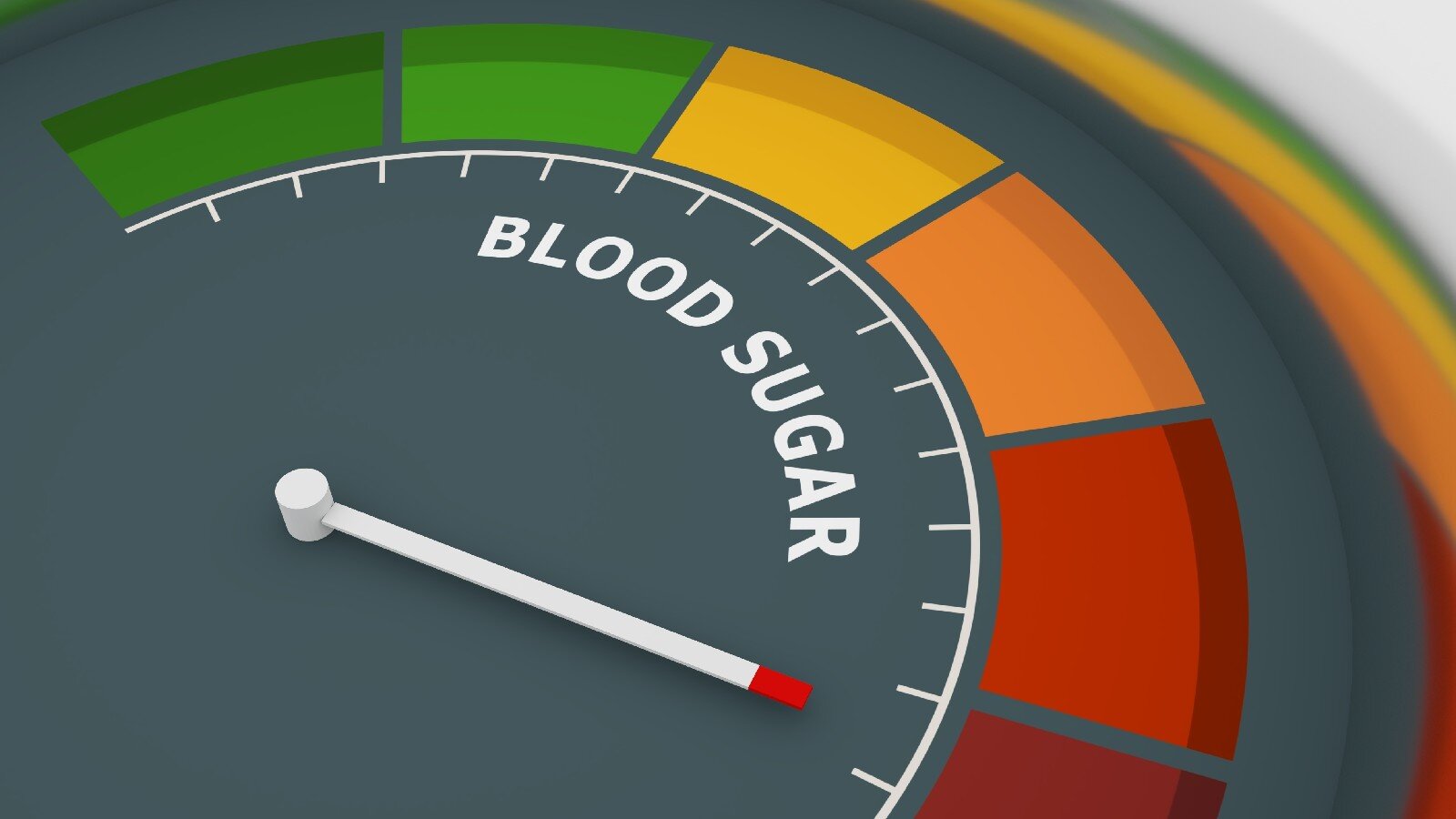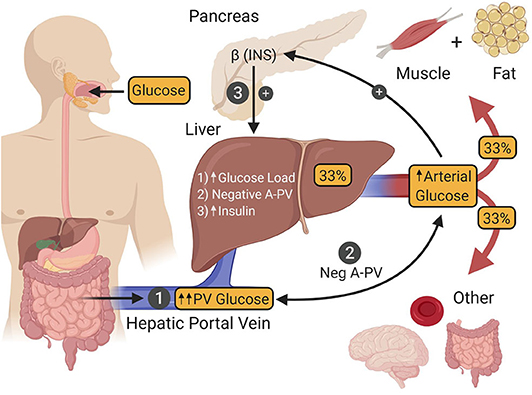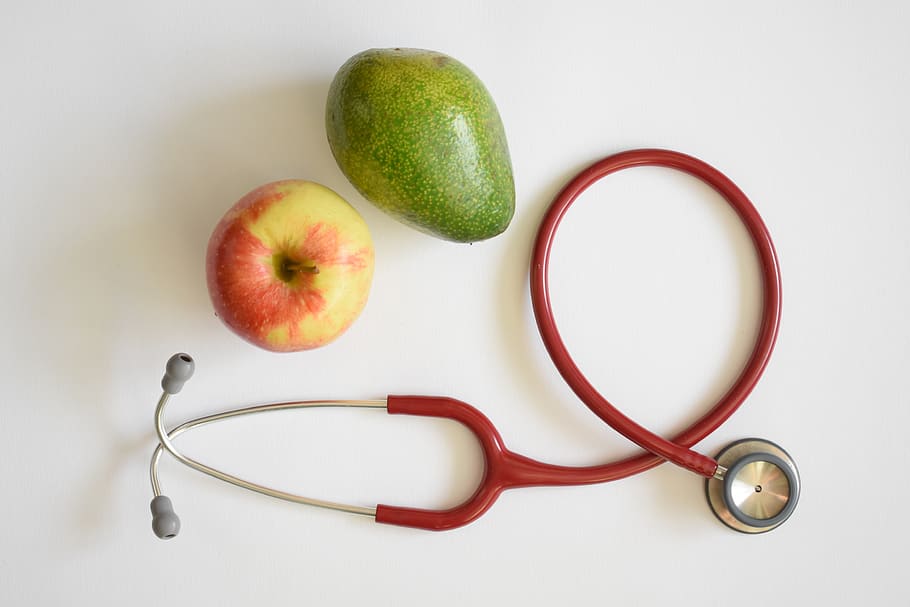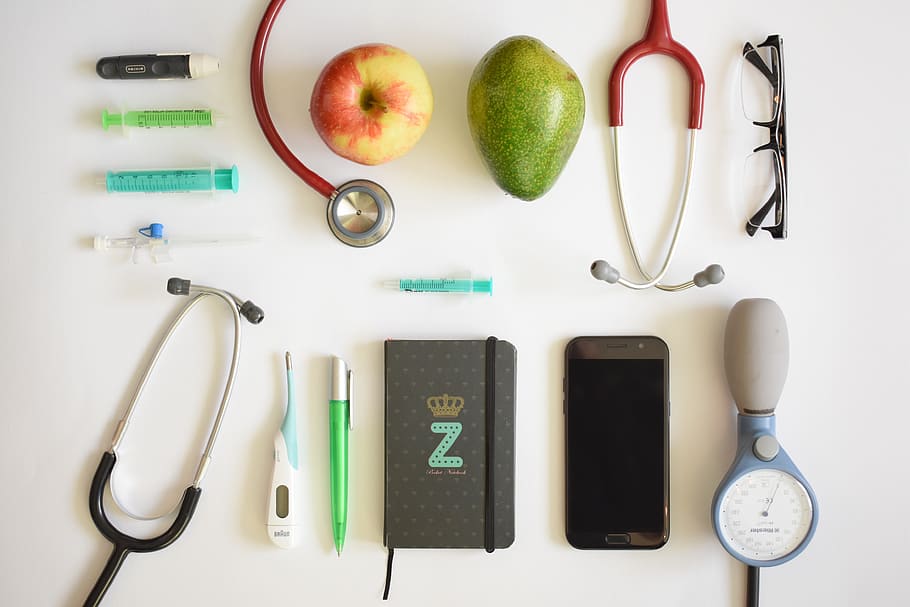Diabetes, often referred to by doctors as diabetes mellitus, describes a group of metabolic diseases in which the person has high blood glucose (blood sugar),
either because insulin production is inadequate or because the body’s cells do not respond properly to insulin, or both.
Diabetes brings many complications to the patients. Below is a list of tips that can be practiced to avoid the complications of diabetes.
Choose carbs carefully: Diabetes does not mean you have to cut carbs completely. Choose carbohydrates that break down in the body slowly, providing steady energy. Reach for whole grains, beans, nuts, fresh vegetables and fruits. Yes, you can eat fruit even though it is sweet. It is about eating the right amounts of carbohydrates at each meal. A registered dietitian can help you learn how much is right for you.
Lose weight if you need to: Start small. If you are overweight, shedding just a few pounds can improve the body’s ability to use insulin. It will help lower your blood sugar and improve your blood pressure and blood fats. You will also have more energy. Aim to burn more calories than you eat.
Get enough sleep: Getting too much or too little sleep can increase your appetite and cravings for high-carb foods. That can lead to weight gain, increasing your risk for complications such as heart disease. So shoot for seven or eight hours of sleep a night.
Be active: Pick something you like — walking, dancing, biking or just marching in place while you are on the phone. Do it a half-hour a day. Exercise can help you lower your cardiovascular risks, cholesterol and blood pressure levels and keep your weight down. It also relieves stress and may help you cut back on diabetes medication.
Monitor your blood sugar daily: Checking your blood glucose levels can help you avoid diabetes complications, like nerve pain or keep them from getting worse. Checking it can also help you see how foods and activities affect you and if your treatment plan is working.
Manage stress: When you have diabetes, stress can cause your blood glucose levels to rise. Get rid of whatever physical or mental stresses you can. Learn coping techniques to deal with others. Relaxation techniques such as breathing exercises, yoga and meditation may be especially effective if you have type 2 diabetes.
Say no to salt: Reduce the salt in your diet. It may help lower blood pressure and protect your kidneys. Not salting the food on your plate may not be enough. Avoid convenience foods and use fresh ingredients when you can. Season with herbs and spices instead of salt when you cook.








